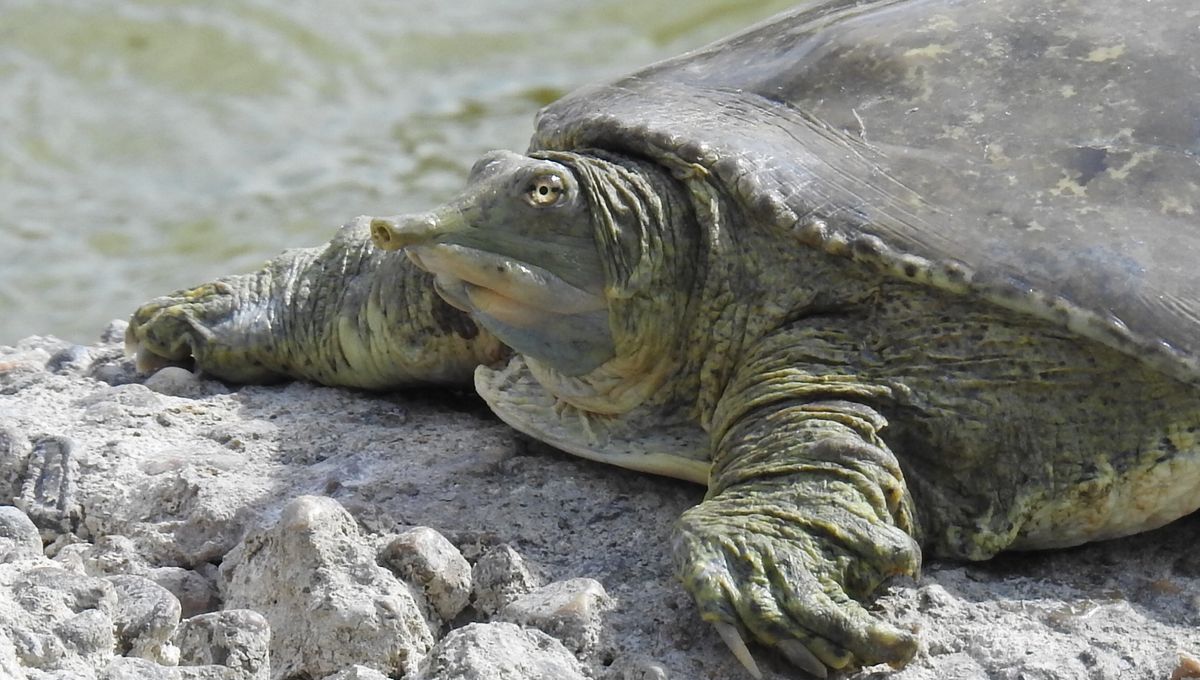
Beaver, moose, maybe a polar bear – all distinctly Canadian, right? They’re certainly icons of the North American nation, but when it comes to evolutionary distinctiveness, these animals are by no means the “most Canadian”. It turns out, by this metric, the spiny softshell turtle is in fact Canada’s most unique terrestrial animal.
In a new study, researchers have, for the first time ever, ranked land-dwelling vertebrates by their level of Canadian evolutionary distinctness – the amount of time an animal has evolved independently from other Canadian species, essentially a measure of its uniqueness.
The most distinct animals will have no close national relatives and can represent up to 100 million years of evolution not shared with any other species in the country.
Overall, amphibians and reptiles are Canada’s most evolutionarily distinct species, with the spiny softshell turtle (Apalone spinifera) taking the crown as Canada’s most evolutionarily distinct terrestrial animal.
The team also created lists for the top 20 most distinct animals by different taxonomic groups. In these categories, the winners are the mudpuppy (amphibians), Northern Alligator lizard (reptiles), Virginia Opossum (mammals), Belted Kingfisher (birds), and Pond Slider (exotic species).
As Canada’s only marsupial, it was hardly surprising to see the Opossum top the list, Emma Kominek, a master’s student and study author explained in a statement, “but the aquatic mudpuppy salamander? That was interesting.”
To create their lists, the team considered all known Canadian vertebrates, tracing each species’ entire family tree to give it an evolutionary distinctiveness score. Those that connected to their family trees further back in evolutionary time – therefore the most uniquely “Canadian” – have the highest scores.
Besides a huge win for the spiny softshell turtle, the findings will help inform future conservation efforts. All the animals featured on the lists have long evolutionary histories and biological features that aren’t found outside of Canada, meaning that they are fundamental to the Canadian Tree of Life.
“Conservation of species at risk is often done at the national level,” said Professor Arne Mooers, who led the research.
“So, it made sense to consider our national evolutionary heritage in this way.”
Those concerned about the beaver’s status as Canada’s national animal needn’t worry it’ll soon be superseded by a turtle: two species still cracked the Top 20 mammals list, with the American beaver and the mountain beaver coming in as the third and sixth most distinct, respectively.
The study is published in The Canadian Field-Naturalist.
Source Link: There’s A New “Most Canadian” Animal – And It’s Probably Not What You Expect